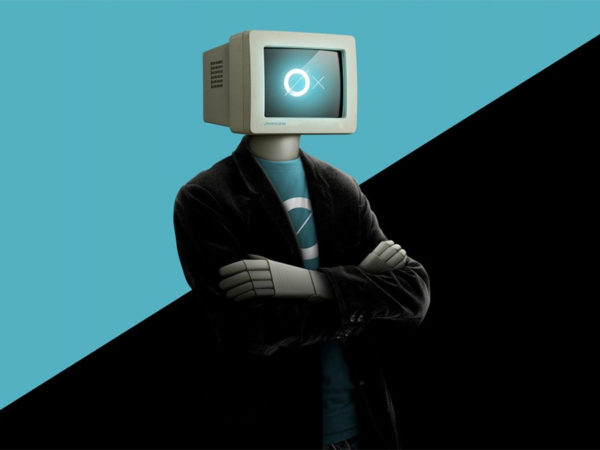Exploring bleeding edge experiments, oddities, new and bizarre dicoveries, and fact-checking conspiracy theories since 2008. No question is out of bounds and no topic is too strange for a deep dive.
# podcast
Your electronics are watching you. The good news is that it’s usually to fix bugs. The bad news is that the data they collect can be abused without some serious oversight.
# tech
If you’re in a creative, artistic industry, relying on your looks and presence to make a living, computers couldn’t possibly come for your job, right? Actually, they can, and here’s how.
# tech
To address income inequality, economists and philosophers keep coming up with the same ideas, most of which involve resurrecting heavy-handed control economies and adding computers.
# tech
When the internet really doesn’t like you, there isn’t much you can do but get better. Just don’t tell that to angry aging lawmakers. They will refuse to believe you.
# tech
Imagine a computer the size of a solar system, powered by a star and built for speed. It sounds impressive, but it may not be as good of an idea as it may seem.
# tech
A new set of chips shows a lot of promise in drastically reducing the vast amount of energy used by artificial neural networks.
# tech
Technophobes and worried Singularitarians concerned about a violent AI need to stop worrying about the machines and start worrying about who's programming them.
# tech
When the courts encounter computer science and chemistry, the end result isn't sophisticated regulation but utter confusion as judges and lawyers try to figure out what's legal, what's not, and what should be.
# tech
Bitcoin isn't about to crash, but it's very unlikely to scale up to a currency freely used around the world.
# tech
Big Think's informative and educational Q&A feature once again produces answers that fail to inform or educate.















